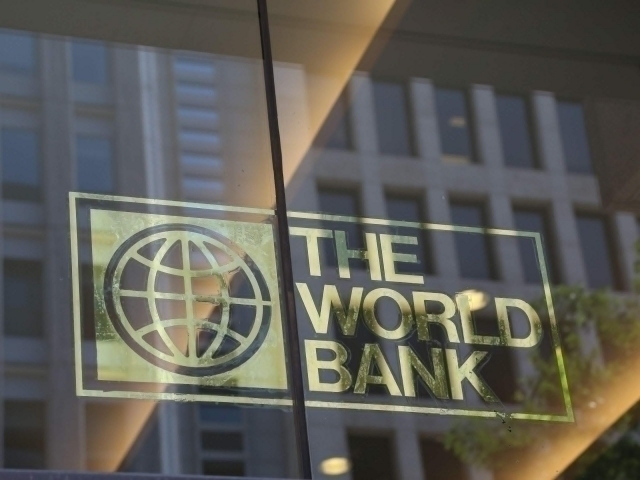World Bank will allocate $800 million for reforms in Uzbekistan
Local
−
04 October 2024 3769 2 minutes
The World Bank’s Board of Directors has approved an $800 million financing package in the form of soft loans to support Uzbekistan’s reform program. This information was reported by the World Bank’s press service.
The reforms, which aim to accelerate Uzbekistan's transition to an inclusive and stable market economy, are part of the government's structural reform agenda, supported by the World Bank. The measures include:
- Agricultural reforms
- Increasing efficiency in the railway and energy sectors
- Improving public finance management
- Expanding access to social protection services
- Enhancing preparedness for environmental and climate-related risks
These funds, provided at lower interest rates and with longer repayment terms compared to international borrowing options, will help Uzbekistan conserve critical financial resources to address current socio-economic challenges. The World Bank’s financing will support the government in achieving specific outcomes in key areas, including:
1. Social Protection System: Expanding unemployment, sickness, and maternity benefits for specific categories of citizens.
2. Combating Gender-Based Violence: Strengthening legal mechanisms to more effectively protect the rights of victims of domestic and sexual violence.
3. Farmers’ Rights: Establishing mechanisms to ensure compliance with farmers’ rights to own and use agricultural land. These reforms encourage investment in more efficient farming methods, boosting productivity and resilience to climate change.
4. Business Environment: Developing legislation that guarantees better protection of investor rights, improves the quality of services provided to investors, and creates favorable conditions for attracting large-scale foreign and domestic investments.
5. Public Finance Management: Developing mechanisms for fiscal risk reporting and improving public procurement processes to enhance transparency and efficiency in the use of budgetary funds.
6. Combatting Climate Change: Enacting legislation to encourage reductions in air emissions that contribute to climate change, as well as promoting energy efficiency in energy-intensive sectors of the economy.
7. Water Resources Management: Establishing institutional and legal mechanisms to improve water-use efficiency, strengthen accountability among water suppliers and users, attract public investments, and enhance transboundary water resource management in coordination with neighboring countries.
8. Environmental and Climate Impact Assessment: Building the capacity of authorities to assess the effects of climate change, environmental factors, and air pollution on various sectors of the economy and public health. This includes strengthening environmental protection efforts, such as safeguarding air, soil, water resources, and biodiversity.
Live
All




